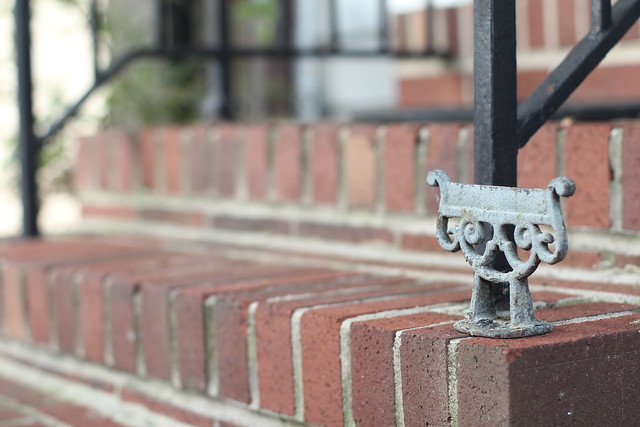Exactly. Cars are powerful things. They give any nobody freedom to go wherever he wants whenever he wants. Unlike public transportation, It is the individual who decides, nobody but him is in control. And they are pretty cheap if you think what they really are and how much pieces, materials and engineering there is in every car. Beyond sustainability issues and such, cars are really amazing things.
The environmental effects of cars are overwhelming, though, and not just in emissions. The construction of modern cities is based around cars, not people. In some cases, the design of modern urban and suburban spaces
excludes people. That's part of the reason you can't walk anywhere in so many cities. There's nothing natural about the layouts of newer American cities. Even today, people in cities that were built before cars don't really need cars. Outside of cities, it's a little different - and in some cases, you don't need to go too far outside the city - but again, that's partly due to the influence of cars on infrastructure design over the last 100 years. Small towns used to have "downtowns" where people could shop (the Brits have a nice term for it - "the high street"). In some places today, you can't even get to the other side of the street without getting back in your car and driving over. The growth of car culture and shopping malls - which, again, were built for
cars to access, not for people to access - killed a lot of downtowns. Then of course delivery services like Amazon destroyed the shopping malls. When my grandmother was growing up in one of the smaller New England towns in the 1920s & '30s, she could take light rail not just from one end of her city to the other, and to the coastal town 12 miles away for the weekend. I'm pretty sure that was electric light rail - e.g. "street cars" - and in a small city that I bet few people here have even heard of.
I think in some places, you're seeing a regrowth of the old-fashioned, walkable downtown area, in spite of the cars. I think I mentioned somewhere, maybe not this thread, that a new light-rail line in Los Angeles opened I think just before the pandemic, and reached the 10-year ridership projections in one year. Even in Los Angeles - famous for its car culture, its enormous geographical footprint, and massive freeway system - people are practically climbing over each other for alternatives to driving.
Also, airplanes, which are worse carbon emitters than cars, have made a lot of America a lot less train-friendly. You used to be able to take a train from Boston to Montreal, for example. There were resort towns within a train ride's distance of major American cities that are gone now - not because of cars, but because of airplanes - but now, not only are those resorts gone, the trains that took you there are gone, too.
Our reliance on cars has been imposed upon us in more ways that we can count, and it's no accident that we have so few alternatives.


